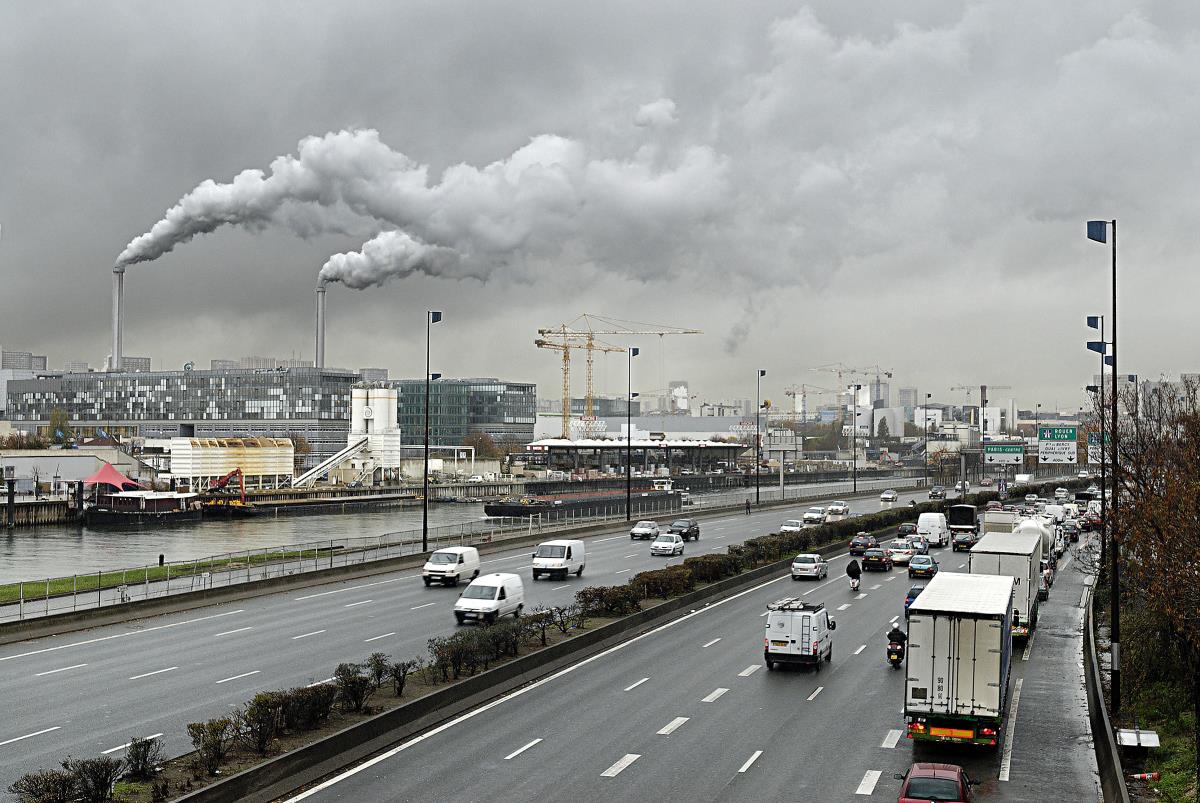Unusual ways to address deforestation: Proposed bill in the Philippines requires students to plant 10 trees before they can graduate
12/14/2019 / By Janine Acero

A proposed bill in the Philippines could provide schools with an eco-friendly premise, once it’s passed into law: Students in both high school and college would need to plant at least 10 trees each to cement their spot in the graduation ceremonies.
The bill, which has already passed the lower house of Congress, will seek to formalize the Filipino tradition of planting trees upon graduation. This also serves as a bid to help counter the growing problem of deforestation.
Legislation could lead to billions of trees planted
The proponents of the bill say the initiative could result in over 500 billion trees planted in the course of a single generation if properly implemented and followed.
“With over 12 million students graduating from elementary and nearly five million students graduating from high school and almost 500,000 graduating from college each year, this initiative, if properly implemented, will ensure that at least 175 million new trees would be planted each year,” stated Gary Alejano, the Philippines’ Magdalo Party representative and lead author of the proposed legislation.
“Even with a survival rate of only 10 [percent], this would mean an additional 525 million trees would be available for the youth to enjoy, when they assume the mantle of leadership in the future.”
The trees will be planted in mangroves, existing forests, protected areas, military ranges, abandoned mining sites and selected urban areas. The proposed legislation will ensure that the species selected for planting are appropriate to each location, climate and topography of the area. It will also give preference to indigenous species.
The backers of the bill hope that the initiative will help bring environmental awareness and understanding to future generations, and make way for more opportunities to develop other ecological initiatives.
It still has to be considered and approved by the Senate (the upper parliamentary chamber) before it can be signed into law by the president. The country’s Department of Education and the Commission on Higher Education will implement and ensure compliance with the bill after it becomes a law. (Related: New kind of drones designed to plant up to 100,000 trees per day.)
Deforestation around the world
The Philippines is among the world’s most severely deforested countries, with total forest cover dropping from 70 percent to an alarming 20 percent during the 20th century. Illegal logging is a major problem in the country, and the lack of trees in some areas has led to an increased risk of flooding and landslides.
Here are five other countries with the highest rates of deforestation in the world:
- Brazil – The Amazon rainforest is the most diverse forest in the world, but it could see a significant reduction in biodiversity by nearly 57 percent if the current rate of deforestation continues. A large part of the Amazon runs through Brazil, so it’s important for government bodies and campaigners to lead the initiatives for reversing this recent upsurge. Corruption and illegal logging are major factors that can affect the efficient implementation of restrictions.
- Peru – The other largest part of the Amazon runs through Peru. The country’s economy relies heavily on natural resources, which plays a critical role in the deforestation problem.
- Bolivia – Bolivia’s soy agriculture is a major contributor to its deforestation problem, but taking steps against the industry would make a huge dent in the country’s food security. In the same vein, the government won’t take measures against cattle ranching, which also contributes to deforestation.
- Indonesia – The palm oil industry is the main driver of deforestation in Indonesia, with over 5,000 square miles of forested area stripped each year to supply palm oil demands.
- Russia – Russia’s forests are among the largest in the world. The country is home to 25 percent of the world’s virgin forests and 70 percent of the world’s boreal forests, all of which face high risks of fire, with over two thousand miles of woodland lost every year.
Help the environment however you can by reading up on strategies to combat deforestation at Environ.news.
Sources include:
Tagged Under: campus, college students, deforestation, Ecology, education system, environ, environment, government, high school, legislation, philippines, planting trees, reforestation, trees
RECENT NEWS & ARTICLES
COPYRIGHT © 2017 CLIMATE SCIENCE NEWS


















